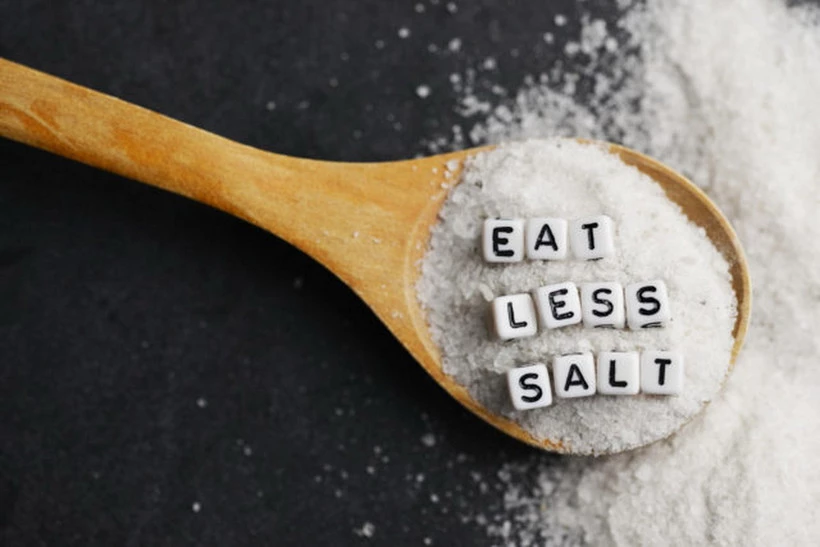 |
| (Photo: Getty images) |
Salt is an indispensable spice in the daily meals of every Vietnamese family. It not only brings rich flavor to dishes but the ingredients in salt also play an essential role in the body.
However, eating too much salt may be linked to problems such as high blood pressure or an increased risk of stomach cancer.
The importance of salt for the body
Salt, also known as sodium chloride, is a compound made up of about 40% sodium and 60% chloride (two minerals that play an extremely important role in health).
Sodium is a mineral that helps regulate muscle contractions, nerve function, blood pressure, and blood volume in the body. Chloride, on the other hand, is the second most abundant electrolyte in the blood, after sodium.
Electrolytes are atoms found in body fluids that carry an electrical charge and are essential for everything from nerve impulses to fluid balance. However, low chloride levels can lead to a dangerous condition called respiratory acidosis, in which carbon dioxide builds up in the blood and makes it more acidic.
Although both of these minerals found in salt are important, studies have shown that individuals may react differently to salt.
Some people may not be affected much by a high-salt diet, while others may experience high blood pressure or bloating when their sodium intake increases.
People with this condition are considered salt sensitive and need to monitor their sodium intake more carefully than others.
How does eating salty foods affect blood pressure?
When people with high blood pressure eat salty foods, it will increase the amount of Na+ in the blood, thereby increasing osmotic pressure in the blood and leading to increased thirst, increased circulating volume, increased pressure in the blood vessels, and increased blood pressure.
Eating salty foods increases the permeability of cell membranes, especially smooth muscle cells of the vascular wall, thereby causing water retention in cells and increasing vascular tone, vasoconstriction leading to increased peripheral resistance and high blood pressure.
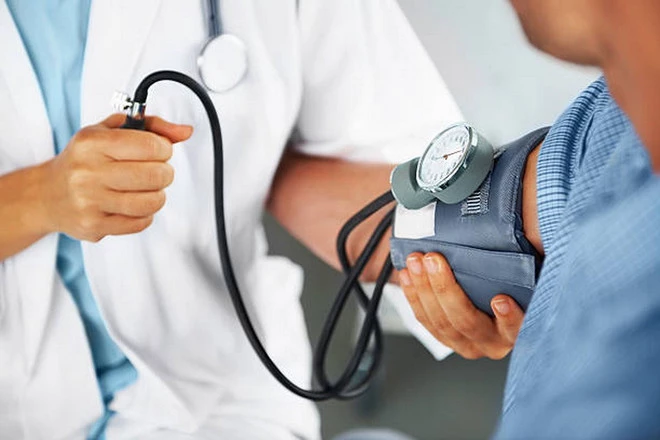 |
| (Photo: iStock) |
Increasing the amount of salt in the daily menu also increases the sensitivity of the cardiovascular system and kidneys to Adrenaline, causing high blood pressure.
High blood pressure caused by eating too much salt can put strain on your arteries. To cope, the tiny muscles in your artery walls have to work harder and become thicker. However, this inadvertently makes the space inside your arteries narrower, causing your blood pressure to rise even higher.
When blood pressure increases, it can rupture or block arteries, causing the body's organs to lack oxygen and essential nutrients, leading to serious damage.
For people with heart problems, eating too much salt can increase blood pressure and make the condition worse. High blood pressure damages the arteries leading to the heart.
Initially, it can reduce blood flow to the heart, causing symptoms such as chest pain, especially when you are active. At that time, the cells in the heart also work less effectively because they do not receive enough oxygen and nutrients.
If the body continues to be overloaded with salt, over time the consequences of high blood pressure can become more severe, to the point where arteries burst or become completely blocked.
In addition, high blood pressure is a major cause of potential heart attacks. The best way to prevent heart attacks and effectively lower blood pressure is to follow a low-salt diet.
Therefore, people with high blood pressure should only consume about 5g of salt per day. How to estimate 5g of salt for spices as follows:
35g soy sauce about 3.5 tablespoons
8g seasoning powder about 2.5 spoons
11g seasoning powder about 2 spoons
26g fish sauce about 3.5 spoons
What should people with high blood pressure eat to reduce risks?
People with high blood pressure need to: Eat less salt, less fat and less sugar. In addition, patients need to pay special attention to:
 |
| (Photo: Getty) |
Increase green vegetables: Green vegetables contain rich vitamins, minerals, fiber, etc., creating a balanced diet. The nutrients in green vegetables help increase the body's resistance to disease, are useful in absorbing sugar and fat, and are suitable for people with high blood pressure.
You should eat a lot of fish because fish contains a large amount of unsaturated fatty acids that help reduce blood fat and prevent blood vessel blockage.
Eat less meat and poultry because they contain high amounts of saturated fatty acids, which are not good for blood pressure.
You should follow a reasonable diet, exercise regularly, and take medication as prescribed by your doctor to keep your blood pressure under control./.
According to VNA
Source: https://baokhanhhoa.vn/doi-song/am-thuc/202507/vi-sao-nguoi-benh-cao-huet-ap-nen-kieng-an-man-va-cach-han-che-muoi-5645102/


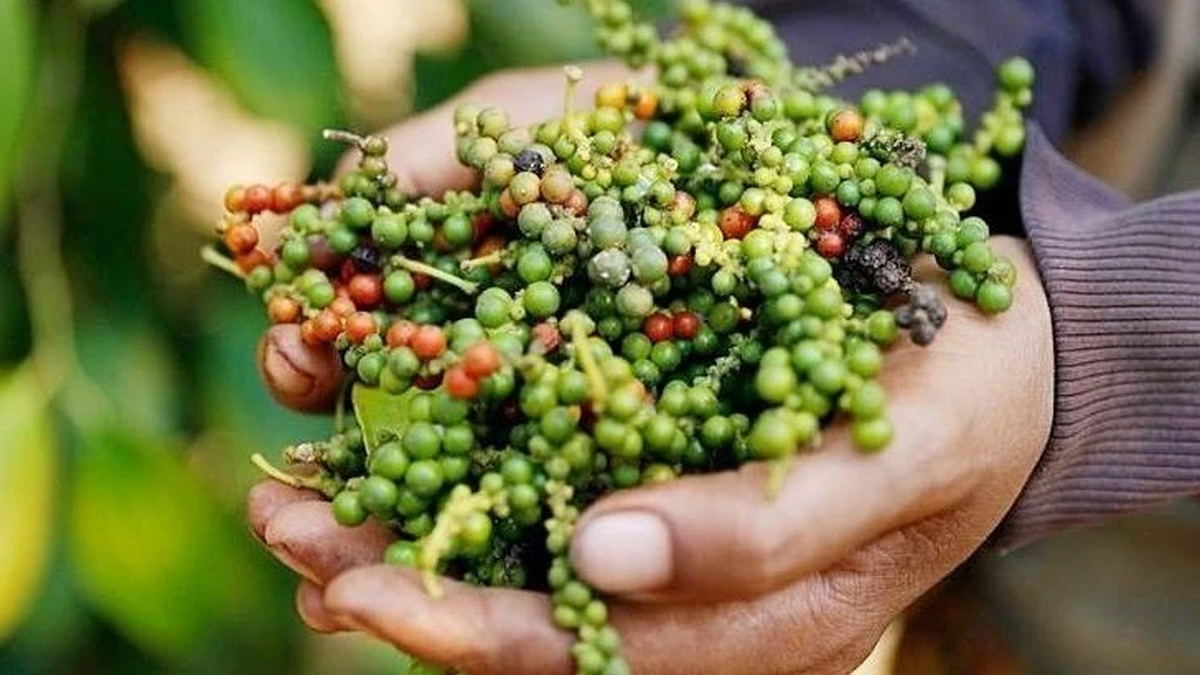
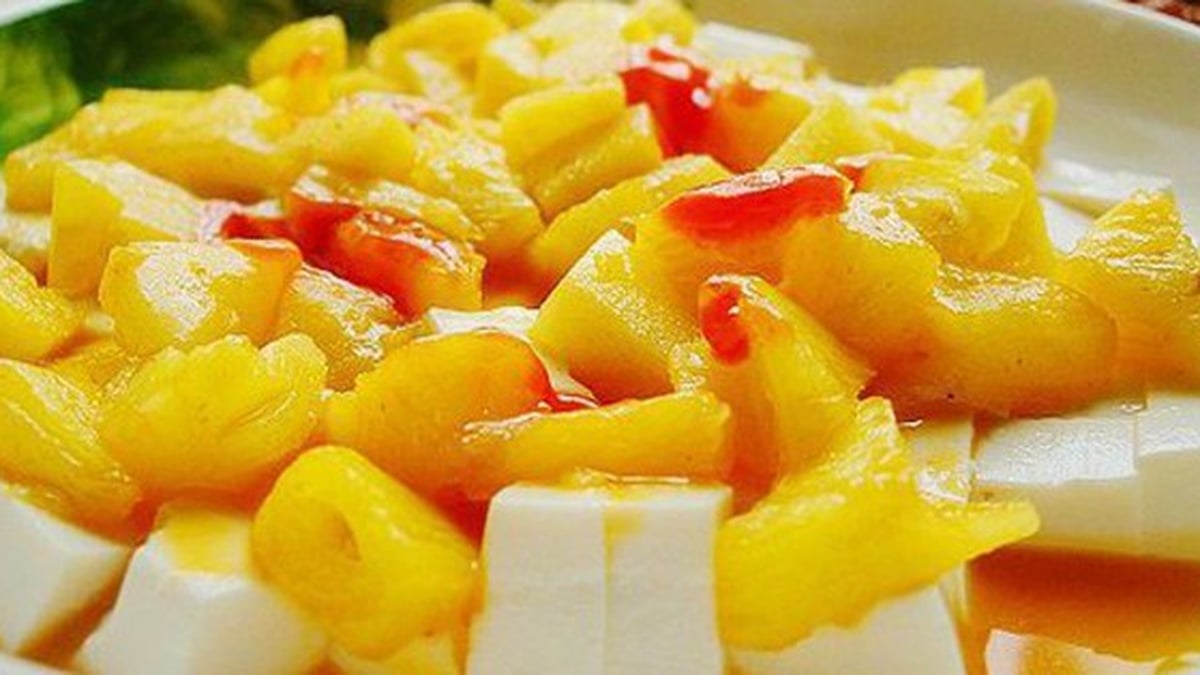






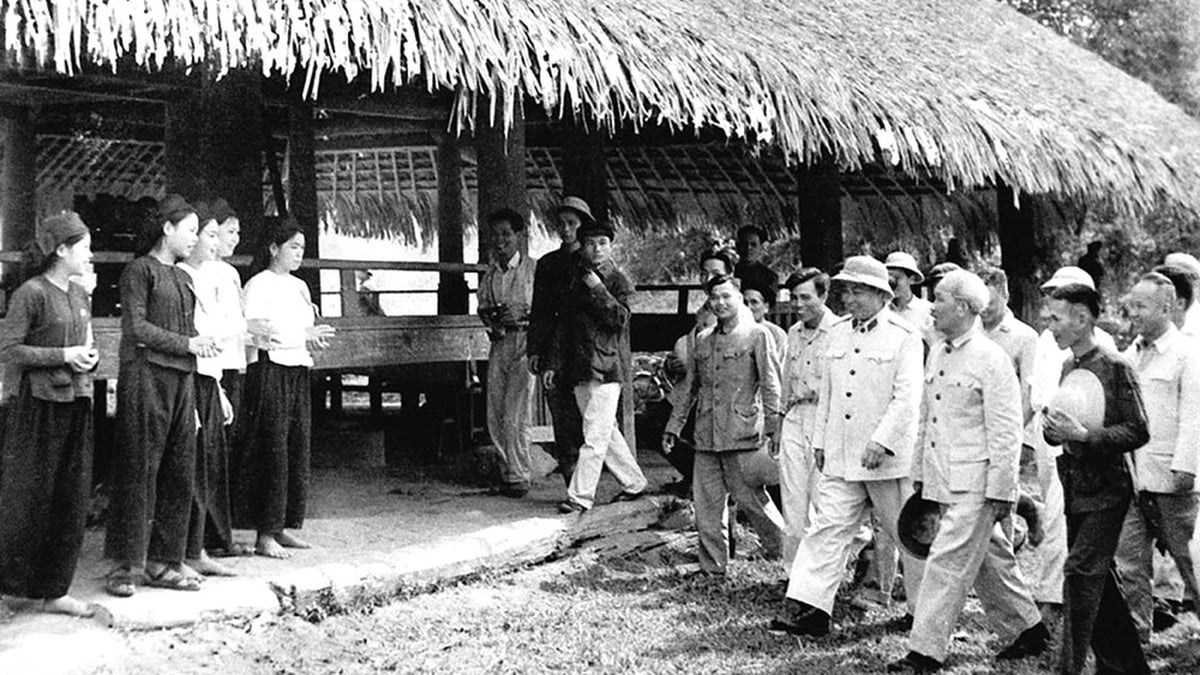
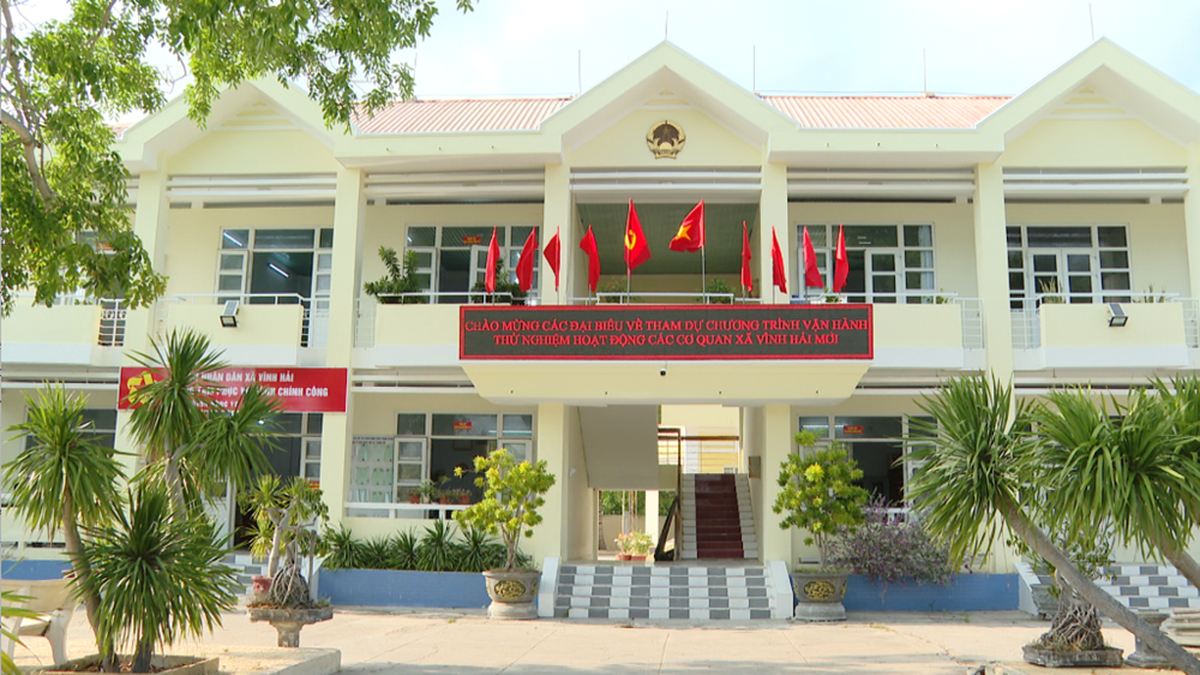




















































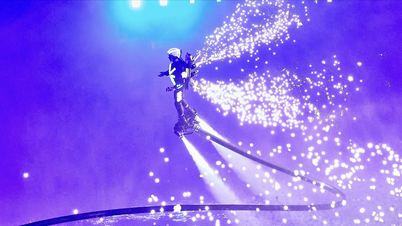




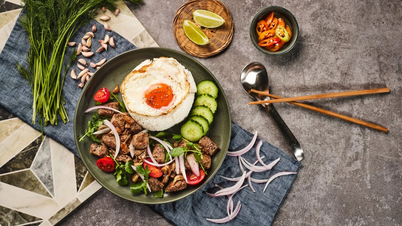
































Comment (0)